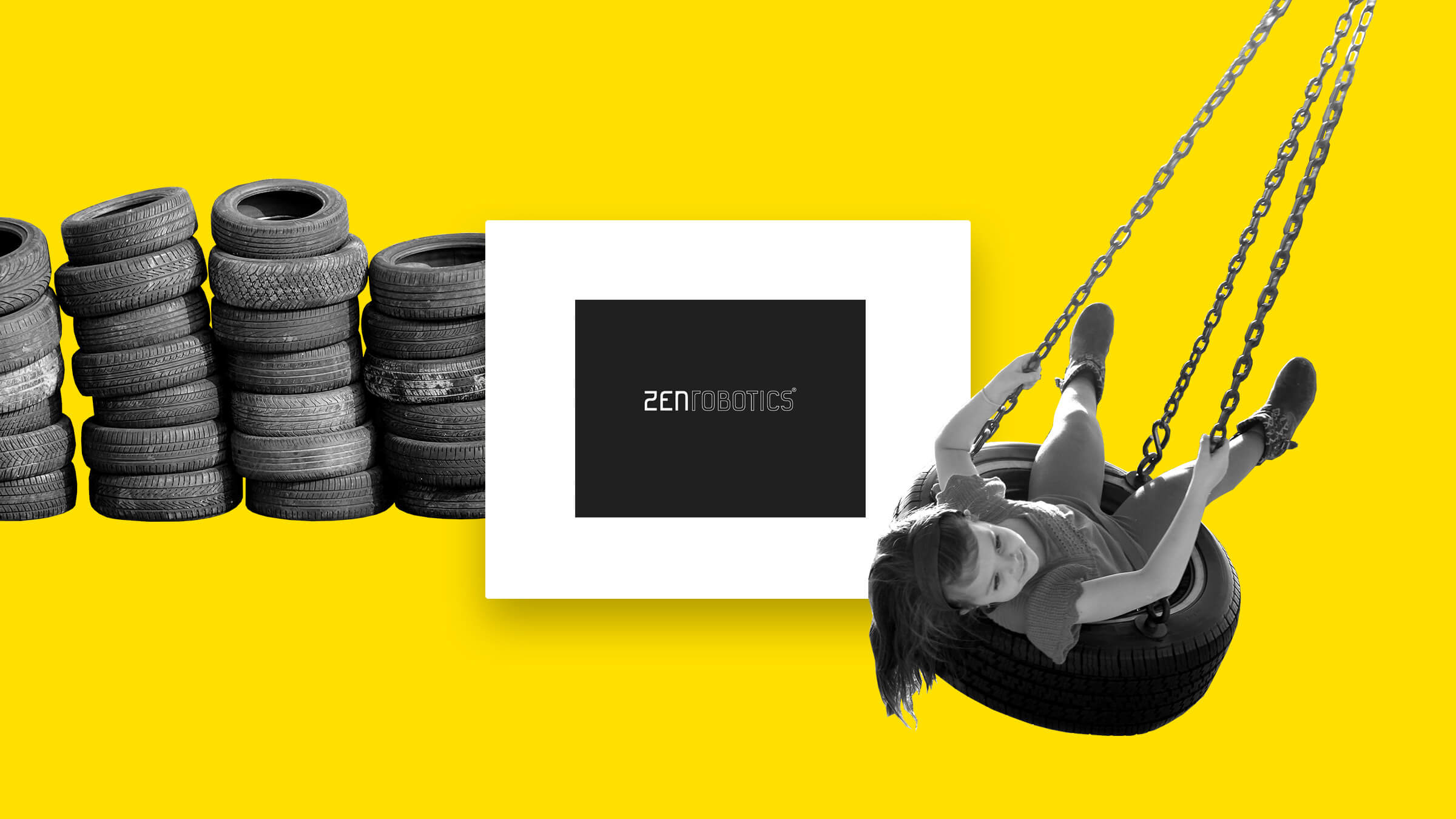Problem
A huge amount of recyclable waste ends up in landfills or goes to incinerators. The low value of waste materials results in waste sorting by hand being unprofitable. The problem with mechanised waste-management facilities is that they have traditionally required a lot of financial investment and the facilities are not always able to adapt their operations in accordance with rapidly changing legislation, the price of waste materials and sorting needs.
Solution: intelligent waste-sorting robot
ZenRobotics develops and sells waste-sorting robots, which separate different materials for reuse from waste. The user is able to teach the robot, which is based on artificial intelligence and sensor technology, what kinds of materials the robot should collect from the conveyor belt at the treatment facility. Whereas before, wood materials, for example, were separated from waste using outdated methods, now the robot is able to sort clean and unpainted wood, painted wood and impregnated wood into different piles. More precise sorting increases the opportunities for reusing waste materials. Over 95 per cent of the waste materials that arrive at waste-treatment facilities equipped with robots can be sorted for recycling.
Revenue logic and benefits to ZenRobotics
The company sells equipment to waste-treatment facility operators that process waste. Alternatively, a plant-building contractor can sell the ZenRobotics solution as a part of the waste-treatment facility being built for their customer.
Benefits to customers and end users
Sorting provides lower waste-treatment costs for customers: less waste has to be delivered to landfills or incinerators. In addition, income can be generated from reused, sorted waste. Not as much usable material goes to landfills and natural resources are not wasted.

















Recommended
Have one more?